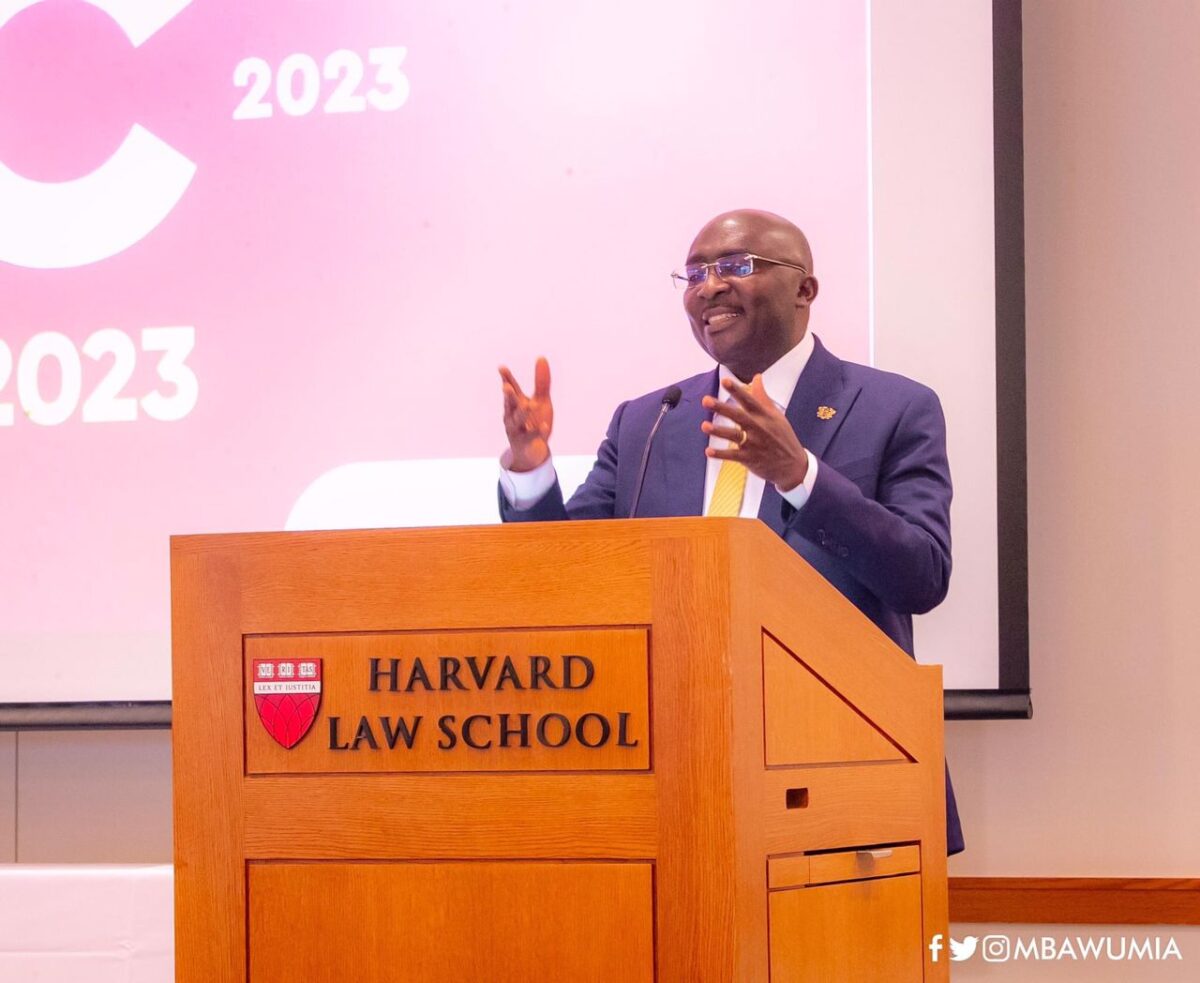By Yaw Marfo Adu
Vice President Dr. Mahamudu Bawumia, recently outlined his vision for constituency empowerment during his ongoing campaign tour. As part of this vision, he promised to allocate at least 10 government appointments to each constituency if elected as the NPP’s flag bearer and successfully winning the 2024 election. This proposal aims to bridge the gap between the party and government, ensuring that qualified and competent individuals from local constituencies have a voice in national governance. While some critics, such as Franklin Cudjoe, have expressed skepticism, it is essential to examine the merits of this proposition and highlight the potential benefits it holds for the NPP and the nation as a whole.

Empowering Constituencies:
Dr. Bawumia’s commitment to allocating government appointments directly to the constituencies exemplifies his dedication to grassroots empowerment. By offering each constituency a significant number of slots within the government, he aims to provide a platform for local representatives to contribute to the decision-making processes at the national level. This initiative is an integral part of fostering inclusive governance, as it ensures that the concerns and perspectives of grassroots party members are adequately represented in the corridors of power.
The Role of the Constituency Party:
Under Dr. Bawumia’s proposal, the constituency party will have the responsibility of nominating 10 qualified and competent individuals for government appointments. This process not only fosters local participation but also ensures that those selected are accountable to their respective constituencies. The nominees will be aware that their appointments were made through the local party, reinforcing the connection between the party and its elected officials. Additionally, this mechanism prevents any appointees from disregarding their party responsibilities, as the party can use the whip system to address any such issues. Ultimately, this approach establishes a stronger bond between the party, government, and the constituents they represent.
Countering Skepticism:
Critics, including Franklin Cudjoe, have questioned the competence and viability of Dr. Bawumia’s proposal. However, it is important to note that competency is not solely determined by the size or reach of an individual’s organization, such as IMANI Ghana. Dr. Bawumia’s emphasis on selecting qualified and competent individuals reflects his commitment to ensuring that the best talents are engaged in driving national development. Furthermore, the process of nomination by the constituency party adds an additional layer of scrutiny, minimizing the risk of appointees being chosen based on nepotism or favoritism.

Dr. Bawumia’s vision for constituency empowerment through government appointments is a commendable step towards enhancing inclusive governance and strengthening the bond between the party and its grassroots supporters. By providing each constituency with at least 10 slots, he is offering an avenue for capable individuals to contribute to national decision-making processes. This initiative will bridge the gap between the party and government, reinforcing the party’s influence and ensuring that appointees remain accountable to their respective constituencies. While skepticism exists, it is important to recognize the merits of this proposal and the potential positive impact it can have on Ghana’s governance. Dr. Bawumia’s commitment to inclusive and competent governance warrants support and recognition from within the NPP and across the nation.

